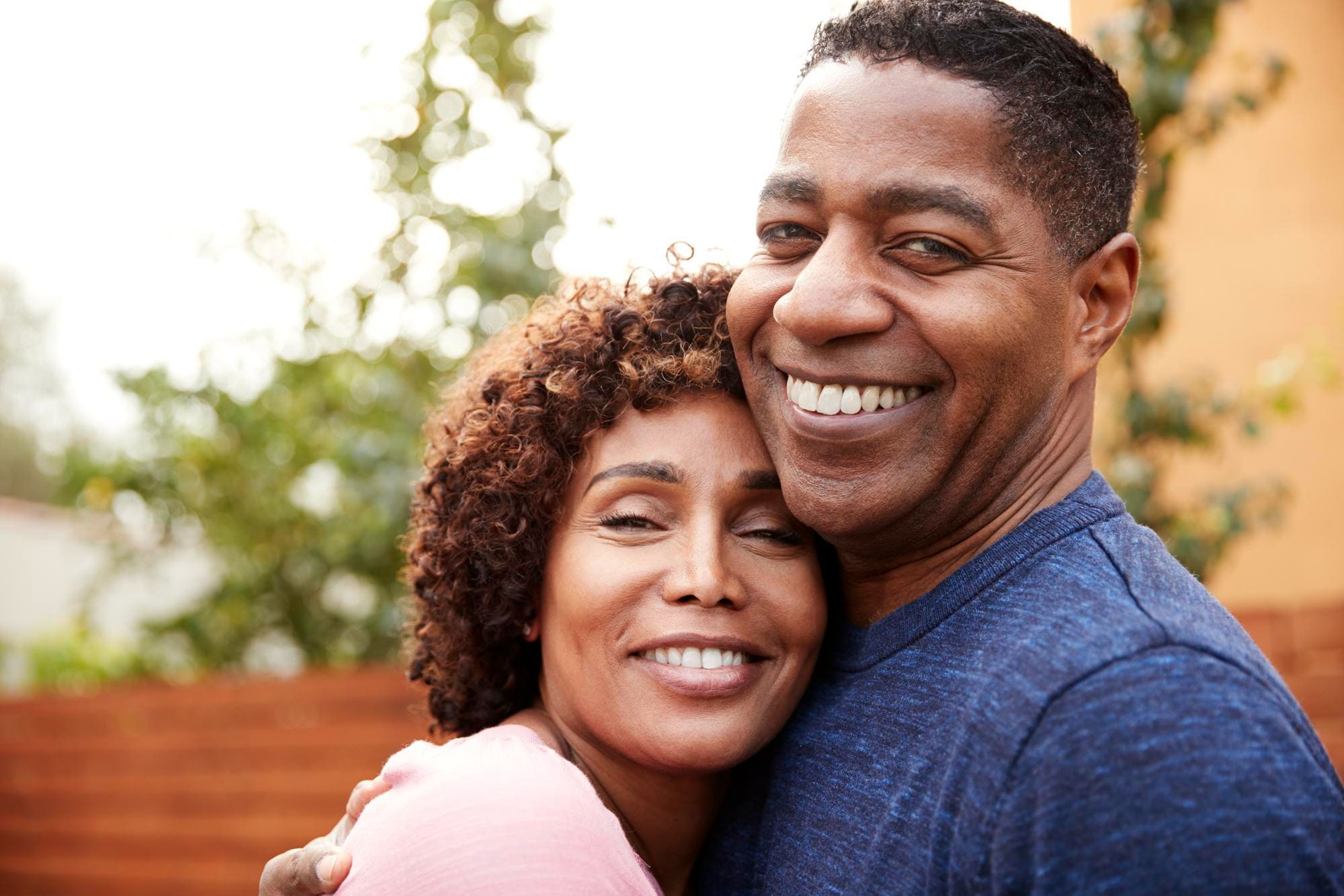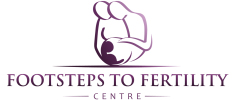Age
A woman is born with all the eggs she is going to have in her lifetime. Her eggs age with her, decreasing in quality and quantity. This is why age is the single most important factor affecting a woman’s fertility. While good health improves the chance of getting pregnant and having a healthy baby, it does not override the effects of age on a woman’s fertility.
In her early to mid-20s, a woman has a 25 to 30 percent chance of getting pregnant every month. Female fertility generally starts to decline when a woman is in her early 30s, and the decline speeds up after the age of 35. By age 40, the chance of getting pregnant in any monthly cycle is down to around five percent.
At Footsteps To Fertility Centre, we are dedicated to providing comprehensive and compassionate fertility care to women of all ages.

Effects of age on pregnancy
The number of healthy (chromosomally normal) eggs you produce declines as you get older, especially after the age of 36. The number of eggs available to go through the maturing process may be even lower if you have a family history of premature menopause, or need to undergo chemotherapy or radiotherapy.
As you get older, chromosomal errors occur more frequently in your eggs, resulting in more abnormal embryos that may not implant, or that result in early pregnancy loss.
Women can help protect their fertility from the natural aging process by leading a healthy lifestyle. It is important not to smoke, to avoid alcohol and caffeine intake, to have a regular exercise regimen, and maintain a healthy weight range.
Due to the aging process, there is only so much that can be done, and the most important factor is to have a baby at an early age whenever possible.
The risk of pregnancy complications increases with age too.
The risk of miscarriage and chromosomal abnormalities in the fetus increases significantly from age 35. Complications such as gestational diabetes, placenta previa (when the placenta covers all or part of the cervix, which increases the risk that the placenta will detach), cesarean section, and stillbirth are also more common among older than younger women.
It is not just more difficult to fall pregnant for older women, there is also a greater risk of miscarriage, and of giving birth to a baby with a genetic abnormality such as Down’s Syndrome.
With advances in reproductive technology, including in vitro fertilization (IVF) and other forms of assisted conception, you can improve your chances of conceiving.
If you use in vitro fertilization (IVF) or other assisted reproductive technology, you can increase your chances of falling pregnant. If you are aged 38 to 43, your chance of conceiving in an IVF cycle is 25% to 35%, compared with 5% to 8% in a month if you’ve been trying to conceive naturally for more than six months.
A woman’s most fertile years are when she is in her 20s and early 30s. It is now possible to store unfertilized eggs for use in the future, using egg freezing.
For women who are not in a position to become pregnant, or whose fertility is at risk due to serious illness, this relatively new technique offers the potential to have a family later.
Book Your
Appointment today!
Make an Appointment


